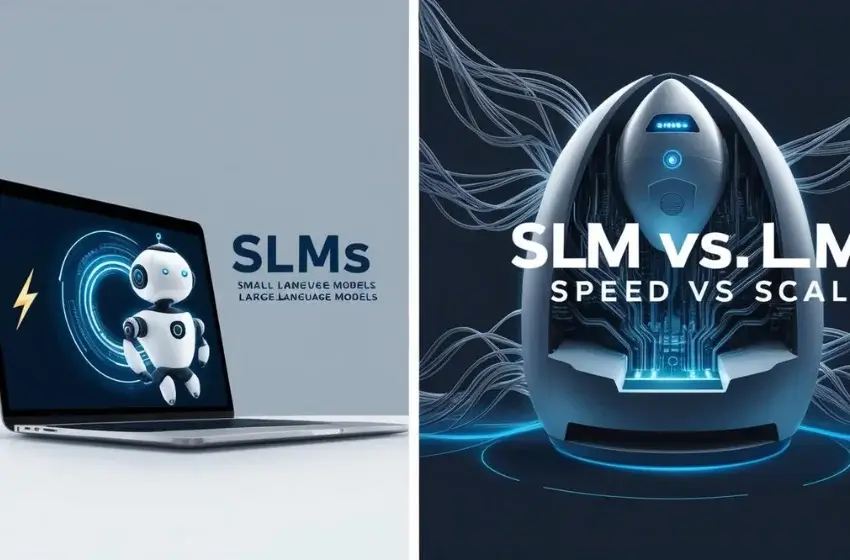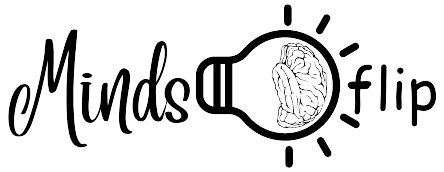The Ketamine Therapy Revolution: How Psychedelic Science is Reshaping Mental Health Treatment
Mental health treatment is changing, driven by a renaissance of research into psychedelic therapy. Leading the way is ketamine; once stigmatized but now celebrated for its rapid effect on depression, PTSD, and anxiety. Research into psilocybin and MDMA is also reshaping treatment, challenging outdated practices. Below are three important ways ketamine is transforming how we approach mental health care.
Breaking the Mold: Ketamine’s Unique Mechanism of Action
Antidepressants like SSRIs work in months or weeks, and patients never get relief from many of them. However, ketamine treatment is different. By targeting the brain’s glutamate system, it triggers rapid neuroplasticity, allowing the brain to rewire itself. For those with extreme, drug-resistant depression, that means mood improvement within hours following a single infusion.
In an individual with suicidal thoughts, the fast-acting effect of ketamine can give them the necessary window to start therapy or stabilize their condition. Clinics now have the option of administering ketamine therapy in multiple forms (IV infusions, nasal sprays, lozenges) to provide customized treatment regimens. While not a silver bullet, its success is pushing the medical community toward reevaluating rigid definitions of psychiatric treatment, and the gateway to other psychedelics in mainstream medicine.
The Psychedelic Renaissance: Beyond Ketamine
Ketamine’s recent popularity has rekindled interest in psilocybin and MDMA. Experts believe that these drugs enable a deep understanding of psychological issues in carefully regulated uses. Psilocybin appears to ease anxiety experienced by terminal cancer patients, and MDMA helps treat PTSD symptoms even in treatment-resistant cases.
What all of these drugs share is the commonality that they disrupt maladaptive thought patterns. Psychedelics cause patients to be introspective and emotionally exposed, allowing them to confront trauma or self-defeating beliefs directly with empathy and acumen. While regular medication merely addresses symptoms, psychedelics address the root, and it’s an entirely new model for healing. This shift from suppression to transformation is redefining what is possible in mental health care.
Accessibility and Ethical Issues
Though promising, psychedelic therapies have many hurdles. Cost is one of them, as ketamine therapies are often not covered by insurance. Psilocybin or MDMA clinical trials, on the other hand, remain comparatively uncommon. This causes inequalities, excluding marginalized communities, which bear a disproportionate share of mental health crises, and are shut out from innovative treatment.
And then there is the ethical dilemma of commercialization. As venture capital flows into the psychedelic industry, critics warn against “wellness washing”. This is where profit-driven clinics serve the wealthy at the cost of equitable access. Patients are encouraged to seek out providers who prioritize ethical standards and transparency. Meanwhile, proponents call for policy reform, decriminalization, and education initiatives for integrating psychedelics into public health systems safely.
Endnote
The ketamine revolution is both a medical breakthrough and a cultural awakening. By challenging stigma and embracing psychedelic science, society is finally viewing mental health in the light of hope rather than helplessness. However with this promise comes the responsibility of making therapies safe, accessible, and grounded in compassion. As science evolves, the future of mental illness treatment isn’t new medication, but redesigning the healing process itself. For millions, that future cannot come soon enough












